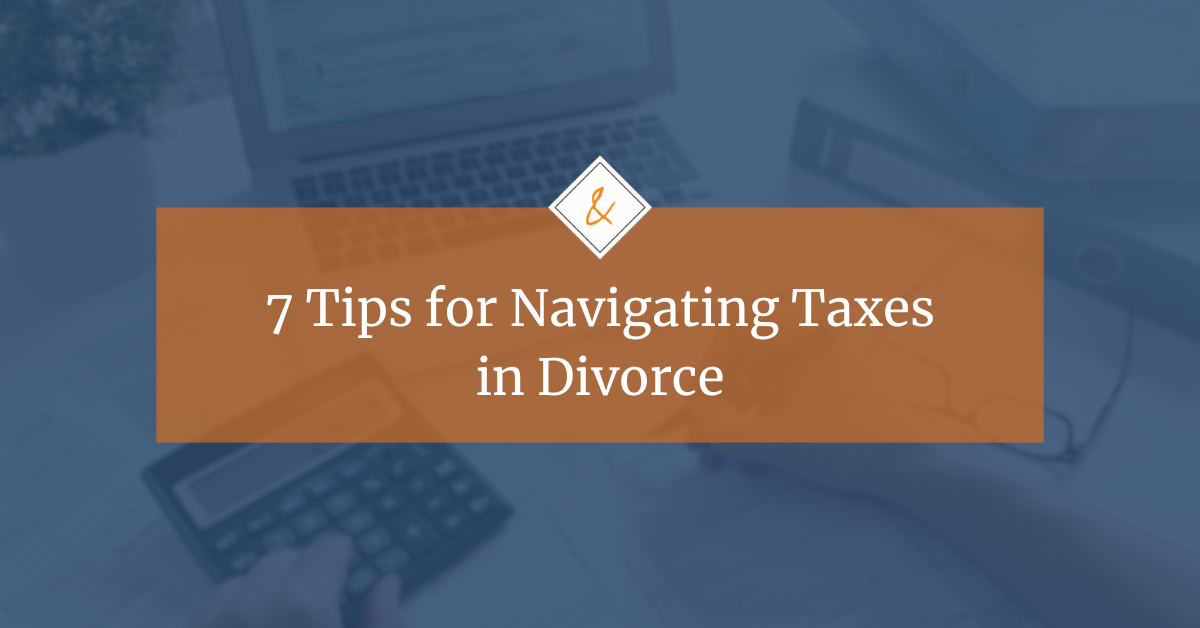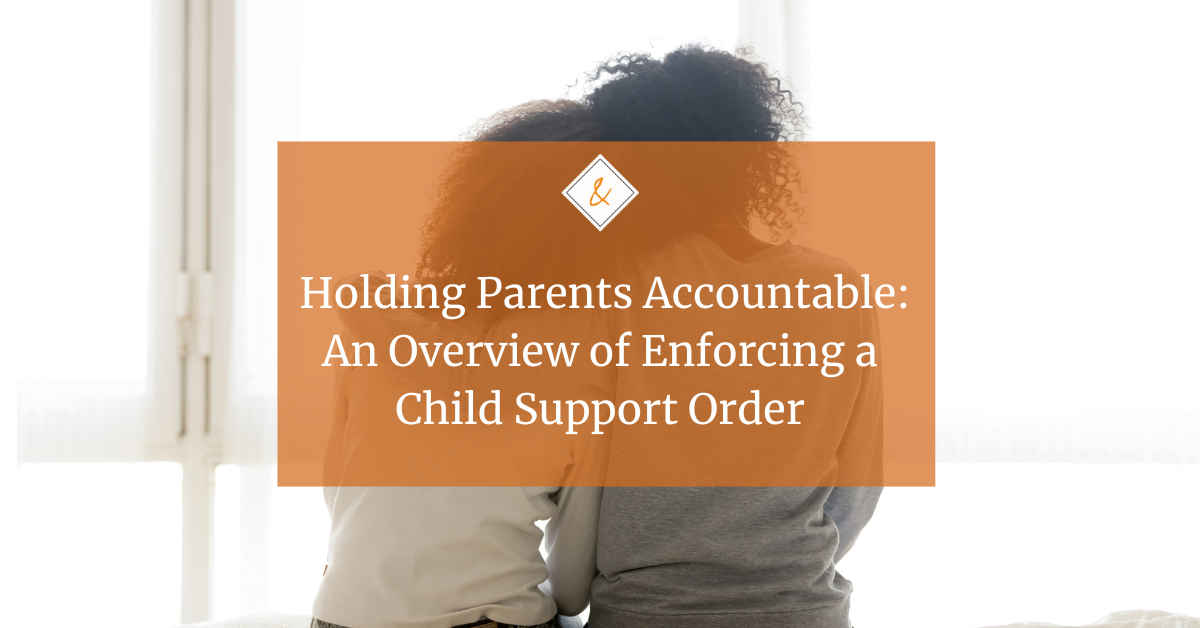You’ve made the decision to take the first step toward divorce, and you’ve scheduled an appointment to consult with a lawyer knowledgeable in family law. This is a big step, rife with anxiety, sadness, apprehension, and, most likely, a hundred other emotions. However, in the midst of the emotional turmoil, you also want to make sure that you get all of the important and relevant information from your first consultation with a lawyer. You need the best information about your legal rights and obligations to enable you to decide how, or whether, to move forward with divorce. To help prepare for that meeting, there are a number of things you can do that will help both you and your potential lawyer.
1. Know your dates and timelines
There are many situations in divorce litigation where specific dates can be very important in proving certain arguments or making certain financial claims. Many people forget major dates like the date of marriage or children’s birthdates, which can be fairly easy to clarify later on. However, there are other dates that can have a financial impact on your case. For instance, if you and your spouse have formally separated or had conversations about divorce, the dates of those conversations can be important. If either spouse inherited or was gifted money during the marriage, the date on which those gifts occurred could matter. Rather than being left unsure, think about important dates in your marriage and write a timeline before you meet with your potential lawyer.
2. Have financial documents handy
You will need to discuss your income, assets and liabilities with your potential lawyer, and having relevant documentation at your fingertips can help those discussions be more accurate and run more smoothly. Things like tax returns, pay stubs, current bank statements, retirement statements and debt statements will enable you to give your potential lawyer an accurate picture of your marital estate. The lawyer will then be able to give you a much more accurate estimate of what you can expect inequitable distribution and support litigation, instead of just having general discussions without any hard numbers.
3. Review your expenses
While you will not need a detailed and perfect list of all of your expenses for the consultation, having a fairly accurate idea of what your major ongoing expenses are will help you streamline your conversations with your potential lawyer. Bigger expenses like mortgage payments, health insurance premiums, tuition or child care costs, and major debt payments can be relevant in divorce and support, and knowing the general amount of those payments makes it much easier to get accurate numbers from your potential lawyer.
4. List out your potential issues
The major issues – divorce, custody and support – are usually pretty straightforward, but there are often things that are important to you that you may lose sight of during the consultation. Writing down a list of important issues can help to ensure that you don’t miss anything, or that you don’t become overwhelmed with information and miss things you need to talk about. If your child attends a specific school that is extremely important to you, you will want to discuss school issues. If there are certain personal property items that are sentimental and you want to retain, you should let your lawyer know. If you really want to keep the family dog, you need to discuss how to accomplish that. It can help you get the best information if you spend a few minutes in advance of the consultation to write down the items that are most important to you.
5. Write down questions ahead of time
It is completely normal to have a thousand questions before your initial consultation. Many of them will be answered in the normal course of the conversation with your potential lawyer. However, preparing a list of questions in advance can help you ensure that you don’t forget any important questions, and that you get all of the information you need at the outset of your case. Plus, the more information you get in the initial consultation, the fewer counsel fees you incur with follow-up emails!
6. Remember that it is okay to be emotional
As family law attorneys, we see people in every stage of their family issues. We understand that this is more than just a legal case – it is your family, your children, and the financial estate you have spent your life amassing. Do not feel like you cannot be emotional in your consultation. An attorney will not think less of you if discussing your impending divorce leads to tears, or if you need to take a few moments to breathe before continuing the conversation. You can be emotional, it is completely okay.


